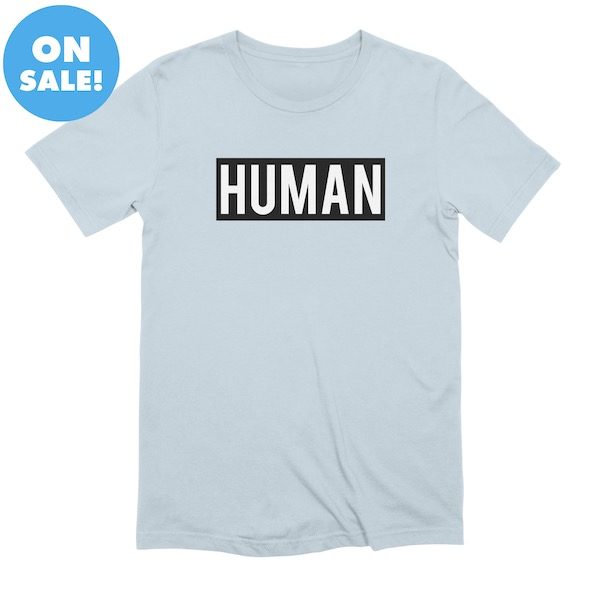Chronic pain and mental health are deeply intertwined aspects of well-being. For many individuals, enduring pain is not just a physical experience but also a significant mental and emotional challenge. This article explores the connection between chronic pain and mental health, emphasizing the importance of addressing both for holistic healing.


Understanding Chronic Pain
Chronic pain is a persistent pain that lasts weeks to years, often lingering long after the initial injury or illness has healed. According to the Centers for Disease Control and Prevention (CDC), an estimated 20.4% of U.S. adults had chronic pain in 2016. Unlike acute pain, chronic pain can be mysterious and non-linear, often without a clear cause.
The Psychological Impact of Chronic Pain
Living with chronic pain can lead to a range of emotional responses, including frustration, anger, anxiety, and depression. The constant discomfort can disrupt sleep, diminish energy, and impede the ability to enjoy daily activities, leading to feelings of isolation and helplessness.
Depression and Chronic Pain
A study published in the Journal of Pain estimates that approximately 50% of people with chronic pain also suffer from depression. Pain can exacerbate depressive symptoms because it affects neurotransmitters related to mood.
Anxiety and Chronic Pain
Anxiety often coexists with chronic pain. The uncertainty surrounding pain can lead to persistent worry, exacerbating pain perception. The Anxiety and Depression Association of America notes that pain can trigger anxiety, and vice versa.
The Cycle of Pain and Mental Health
Chronic pain and mental health disorders often create a cyclical relationship. Pain can lead to mental health challenges, which in turn can intensify the pain experience. Breaking this cycle requires an integrated approach to treatment.
Treatment Approaches
Effective management of chronic pain and associated mental health issues typically involves a combination of therapies.
Medication
Medications can include pain relievers, anti-inflammatory drugs, and antidepressants. It’s important to use medication as part of a broader treatment plan, as they treat symptoms rather than the underlying causes.
Psychotherapy
Cognitive-behavioral therapy (CBT) is effective in helping patients cope with chronic pain. It works by changing pain perception and improving coping strategies.
Physical Therapy
Physical therapy can help improve mobility and reduce pain. Exercises tailored to individual needs can be particularly beneficial.
Mindfulness and Relaxation Techniques
Practices like meditation, yoga, and deep breathing exercises can reduce stress and improve pain tolerance.
Lifestyle Adjustments for Managing Pain and Mental Health
Simple lifestyle changes can significantly impact the management of chronic pain and mental health.
– Regular Exercise: Helps reduce pain and improve mood.
– Healthy Eating: A balanced diet supports overall health and well-being.
– Adequate Sleep: Improves pain tolerance and emotional resilience.
– Social Support: Staying connected with others provides emotional support and reduces feelings of isolation.
The Role of Support Groups
Support groups can provide a sense of community and understanding. Sharing experiences with others who face similar challenges can be incredibly validating and empowering.
Conclusion
The link between chronic pain and mental health is undeniable. Addressing both aspects is crucial for effective treatment and improved quality of life. Patients are encouraged to seek comprehensive care that includes medical, psychological, and lifestyle interventions. Remember, every journey towards healing is personal and requires patience, understanding, and the right support.
References
– Centers for Disease Control and Prevention. (2016). Prevalence of Chronic Pain and High-Impact Chronic Pain Among Adults — United States, 2016. [online] Available at: [https://www.cdc.gov/mmwr/volumes/67/wr/mm6736a2.htm](https://www.cdc.gov/mmwr/volumes/67/wr/mm6736a2.htm).
– The Journal of Pain. (n.d.). Depression and Chronic Pain. [online] Available at: [https://www.jpain.org/article/S1526-5900(16)00567-8/fulltext](https://www.jpain.org/article/S1526-5900(16)00567-8/fulltext).
– Anxiety and Depression Association of America. (n.d.). Understanding the Facts of Anxiety Disorders and Depression is the First Step. [online] Available at: [https://adaa.org/understanding-anxiety](https://adaa.org/understanding-anxiety).

